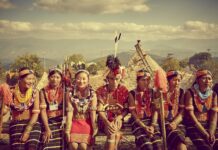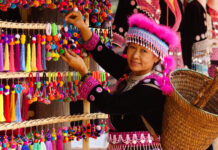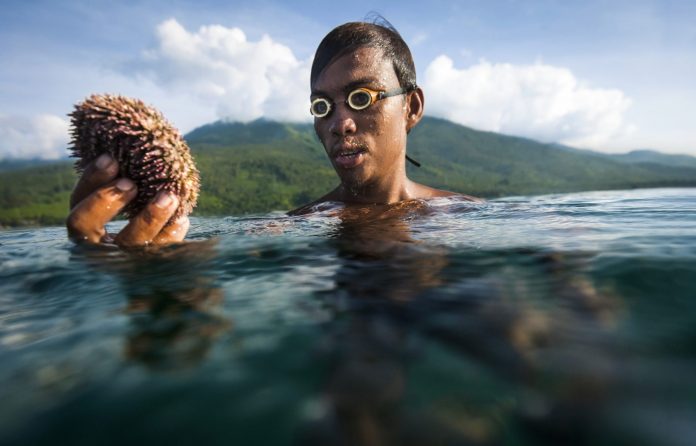
How climate change is affecting the indigenous fisherfolk of Malaysia
Text Serina Rahman
Long before the sun peeks over the horizon, artisanal fishermen across Malaysia’s Johor Strait gather at their respective jetties and beaches. As they set their nets and lines, check their engines and look up for an indication of the weather, they hope that the day’s catch will be a good one.
Some are fortunate enough to be able to fish just off their shores – others burn fuel travelling hours away in their small boats to find a spot that still has fish. Sometimes this even entails sneaking across national borders, risking capture by marine police and violent encounters with human smugglers.
Indigenous way of life
In the southwest of Malaysia, the artisanal Malay fishermen of Mukim Tanjung Kupang ply the narrow straits between Singapore and Malaysia in the Pendas and Pulai River estuaries. These fishermen are used to inshore fishing, never straying far from coastal mangroves and seagrass areas. But over the last few decades, the winds have changed, the weather is erratic and even water patterns are strange.
The winds bring alternatively extremely hot then much cooler air, sometimes bringing them an unexpected shrimp bounty, other times, their nets coming up empty. The generation-old tricks of the trade do not seem to ensure a catch. Monsoon seasons have completely turned on their heads and the only way to guarantee an income when cash is of essence is to travel further out and risk life in border areas.
The Orang Seletar, the original indigenous people of this area, are still dependent on the seas as a source of food and livelihoods. Ten years ago they would hardly ever be found venturing beyond the mouth of the river – their boats and engines are too small to go far.
Today, they have no choice and some travel a few hours in their rickety boats to where the container ships are parked to cast their nets.
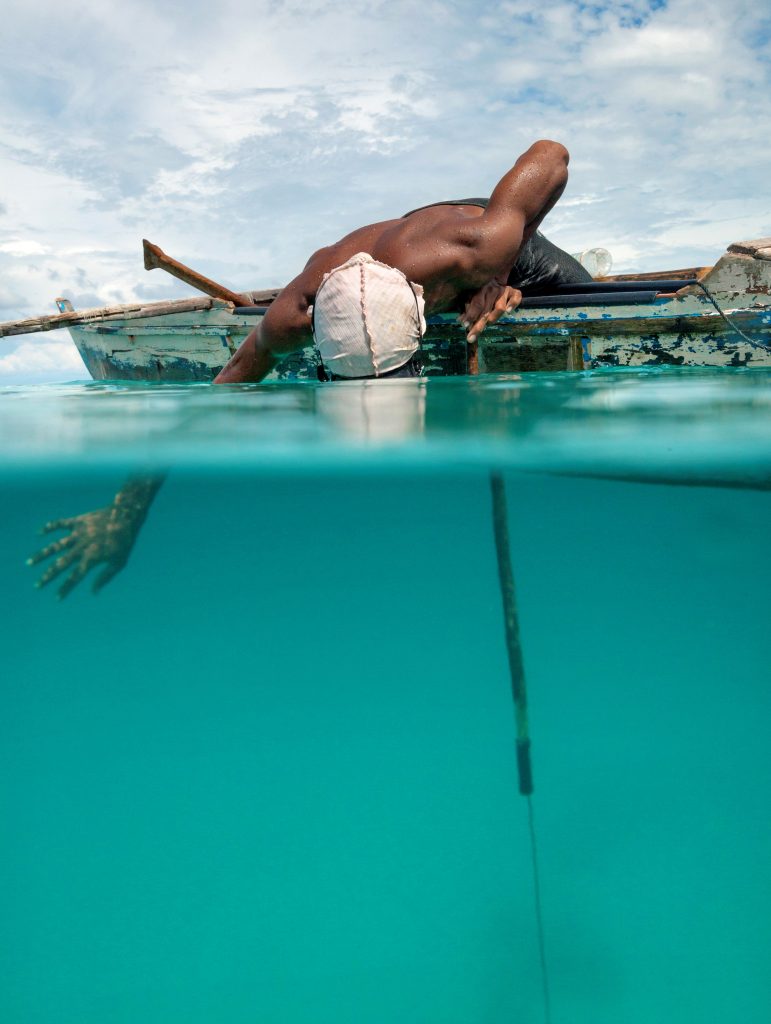
Climate refugees of the future
Changes in fish catch and living conditions are one of the direct effects of climate change. Coastal fishermen have seen their lands erode as sea levels rise, fish catch dwindle due to inexplicable changes in fish numbers and extreme weather affect their ability to go to sea if not destroying their livelihoods. Even as they try to grow crops to supplement their food supplies, rising waters inundate their land and destroy the little that they would otherwise have been able to harvest.
These observations of changes in coastal conditions are reported by people who may not have the luxury of paper qualifications, but they have decades of experiential wisdom to back up their claims, proven by wizened longitudinal observation. Internationally acclaimed scientific reports by the Intergovernmental Panel on Climate Change (IPPC) and the Fisheries and Aquaculture Department (FAO) back up this traditional science.
In Singapore, researchers from the S. Rajaratnam School of International Studies (RSIS) Centre for Non-Traditional Security (NTS) conclude that Southeast Asian ocean fish catch potential will be reduced by 40–60% by 2050 due to fish migration as a result of rising ocean temperatures and acidification. This means that coastal fishermen and indigenous communities could be the climate refugees of the future.
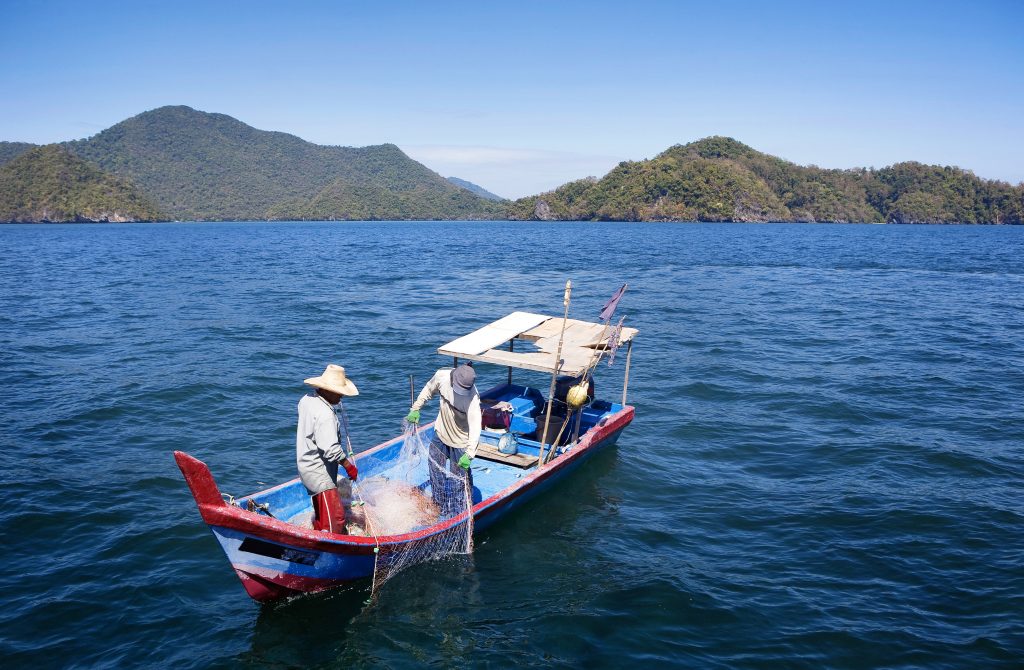
The minority voice
But where is the voice of these people in global discussions on climate change? The recent United Nations Framework Convention on Climate Change (COP21) ended with diplomatic high fives as the world’s negotiators were able to agree on a 2°C limit to the global temperature above pre-industrial levels.
Yet representatives of indigenous and local communities who had gathered in Paris for the talks were not part of the discussions. There is no voice for the ‘little people’.
Until centuries-old ecological knowledge can be accepted as science and until the voice of those directly affected climate change are heard, there will be no relief.
When their lives are at the mercy of decision-makers who hardly recognise their existence, the future can only seem as grey as the storm clouds that now increasingly loiter on their horizons. Allowing communities to own, manage and harvest resources according to age-old sustainable principles could be a more successful path towards combating climate change.
For more stories and photos, check out Asian Geographic Issue 117.




